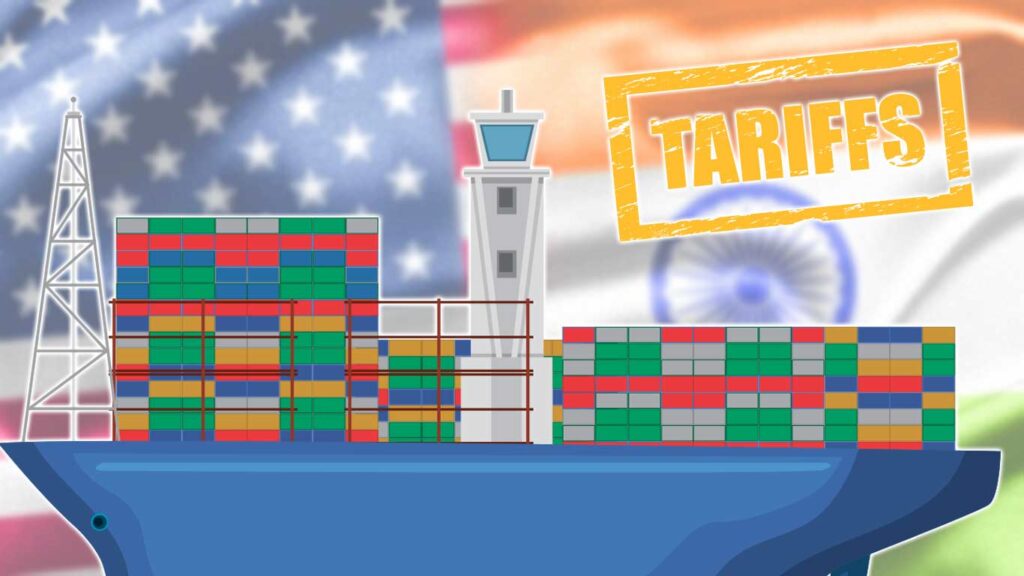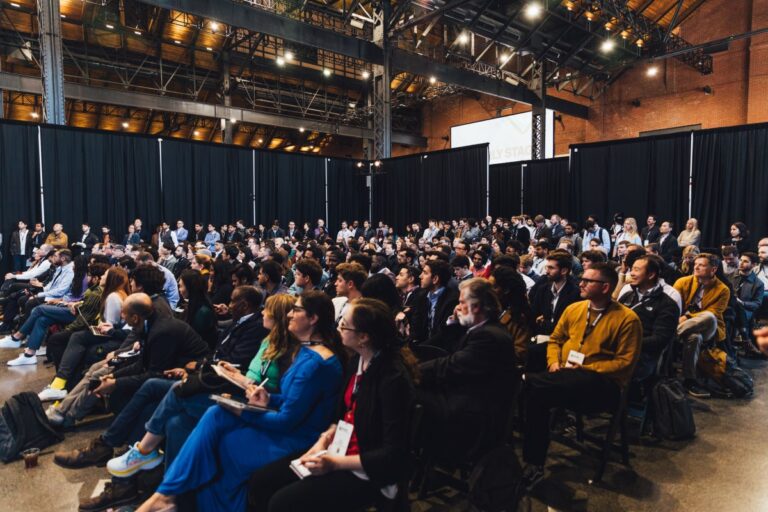New Delhi, Mar 3 (KNN) India’s import duties are in compliance with the global trade rules and the government should convey this to the US administration, economic think tank GTRI said on Sunday.
It also said that negotiating a comprehensive free trade agreement with the US presents several challenges.
The US may push India to open government procurement to American firms, reduce agricultural subsidies, weaken patent protections by allowing evergreening, and remove restrictions on data flows, it said, adding India has resisted these demands for decades and is still not prepared to accept.
US President Donald Trump on multiple occasions has alleged that India has high tariffs and termed it ‘tariff king’ and ‘tariff abuser.’
Tariffs are import duties imposed and collected by the government and paid by companies to bring foreign goods into the country. “India’s tariffs are consistent with WTO (World Trade Organisation) rules,” GTRI Founder Ajay Srivastava said.
“They are the result of a single undertaking at the WTO which all countries including the US have approved in 1995…Indian tariffs are WTO compliant. The Indian side needs to explain this to the US,” he explained.
The 166-member forum is the only international body that deals with the rules of trade between nations.
When the WTO was established in 1995, developed nations agreed to let developing countries retain higher tariffs in exchange for commitments on Trade-Related Aspects of Intellectual Property Rights (TRIPS), services trade liberalization, and agricultural rules that primarily favoured wealthier nations.
He said many developing nations argue that the commitments made under TRIPS and agriculture have disproportionately benefited developed countries, limiting their ability to industrialise.
“Trump while talking about India’s high tariffs conveniently forgets this,” he added.
He also said that India’s exports to America often have low local value addition and this must be considered when assessing trade balances between the two countries.
The sectors where local value addition in exported goods are low included iPhones, solar panels, diamonds, and petrochemicals, he added.
(KNN Bureau)









